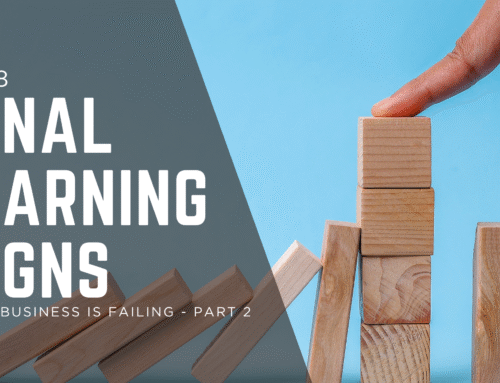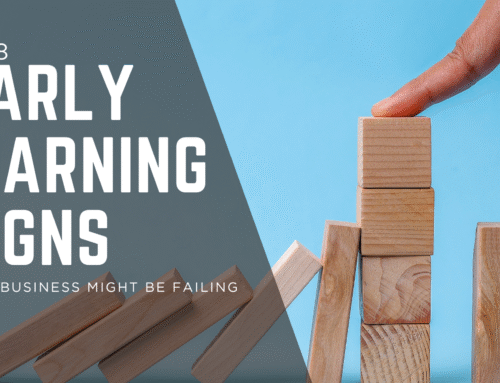
Your 40s are a critical decade for retirement planning. By now, you likely have some savings and investments, but these common mistakes can jeopardize your financial future if you’re not careful.
1. Giving Up on Retirement Savings
If you haven’t built substantial retirement savings yet, it’s easy to feel discouraged. But here’s the truth: it’s never too late to start.
While you’re playing catch-up, you have advantages:
- Higher earning potential than in your 20s or 30s
- More financial experience and discipline
- Potential for accelerated savings with your current income
💡 Catch-Up Strategy
Maximize your retirement account contributions each year. You might not build the largest nest egg, but starting now will still create a healthy retirement fund that can support your future needs.
2. Not Reviewing Mortgage Interest Rates
After years of mortgage payments, it’s easy to treat them as automatic and forget to optimize. But your 40s might be the perfect time to refinance.
Why consider refinancing now:
- Interest rates may be lower than when you first bought
- You’ve built equity that could qualify you for better terms
- Lower payments free up cash for retirement savings
💰 Potential SavingsRefinancing could save you tens of thousands of dollars over your remaining mortgage term—money that can be redirected to boost your retirement nest egg.
Next step: Talk to your banker or financial advisor to see if refinancing makes sense for your situation.
3. Not Having a Will (Especially with Kids)
This isn’t just about money—it’s about protecting your family. If you have young children, a will is absolutely essential.
What a proper will accomplishes:
- Names guardians for your children
- Specifies how your wealth is distributed
- Reduces confusion and conflict for loved ones
- Ensures your wishes are carried out
Think of it as the ultimate protection for your family’s future, not as something morbid.
Your 40s Financial Opportunity
This decade represents your peak earning years and your last best chance to build substantial retirement savings before you enter your 50s. By addressing these three critical areas, you can secure your financial future and enter your next decade with confidence.
“A wealthy person is simply someone who has learned how to make money when they’re not working.” – Robert Kiyosaki
Missed our previous posts? Read about financial mistakes in your 20s and financial mistakes in your 30s to complete your financial education across decades.
Stay tuned for next week’s post where we’ll explore financial mistakes to avoid in your 50s!







